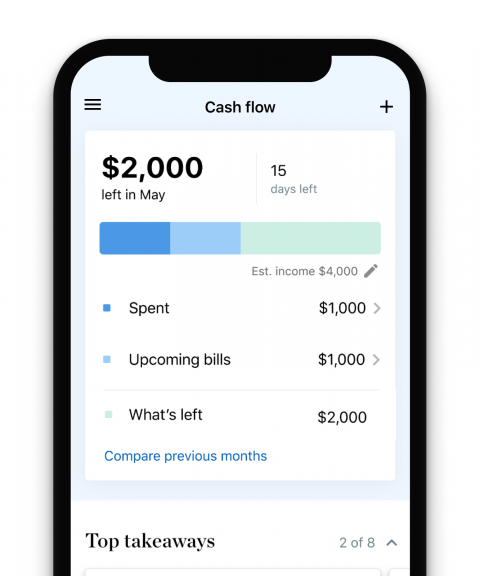Signing up for subscriptions is easy — canceling them is not.
A provision proposed Thursday by the Federal Trade Commission aims to tackle “seemingly never-ending struggles to cancel unwanted subscription payment plans,” according to an FTC statement.
Under the FTC’s “click to cancel” provision, sellers would be required to make subscription cancellations as simple and straightforward as subscription sign-ups. For instance, if a gym allows you to sign up for a membership online, that gym must also let you cancel the membership online and in the same number of steps.
This provision is just a proposal for now. The FTC published the proposed rule in its Federal Register Notices, where people are encouraged to submit comments on the proposal. Those comments must be received by the FTC up to 60 days after March 23, when the proposal was published on the register. Next steps after that point are unclear; the FTC did not return a request for comment.
Plenty of Americans would likely benefit from such a provision. In a 2022 survey conducted by Chicago-based C+R Research, roughly 74% of respondents said it's easy to forget about recurring monthly subscription charges, and 42% said they’re still paying for monthly subscriptions they don’t use anymore. (That survey was among 1,000 self-reporting U.S. consumers.)
This isn’t the only public attempt to wrangle predatory sales practices. On Wednesday, U.S. Sens. Richard Blumenthal, D-Conn., and Sheldon Whitehouse, D-R.I., introduced the Junk Fee Prevention Act, which would ban “excessive, hidden, and unnecessary fees” from all kinds of sellers, including concert vendors, hotels, airlines and other ticketing retailers.
And in February, the White House published an update on the federal efforts underway to curb or eliminate junk fees. Among those efforts is the Consumer Financial Protection Bureau’s proposed cap on credit card late fees. The rule would cap those fees at $8, down from $41, and ban late fees that wind up being greater than 25% of the customer’s required minimum monthly payment.




